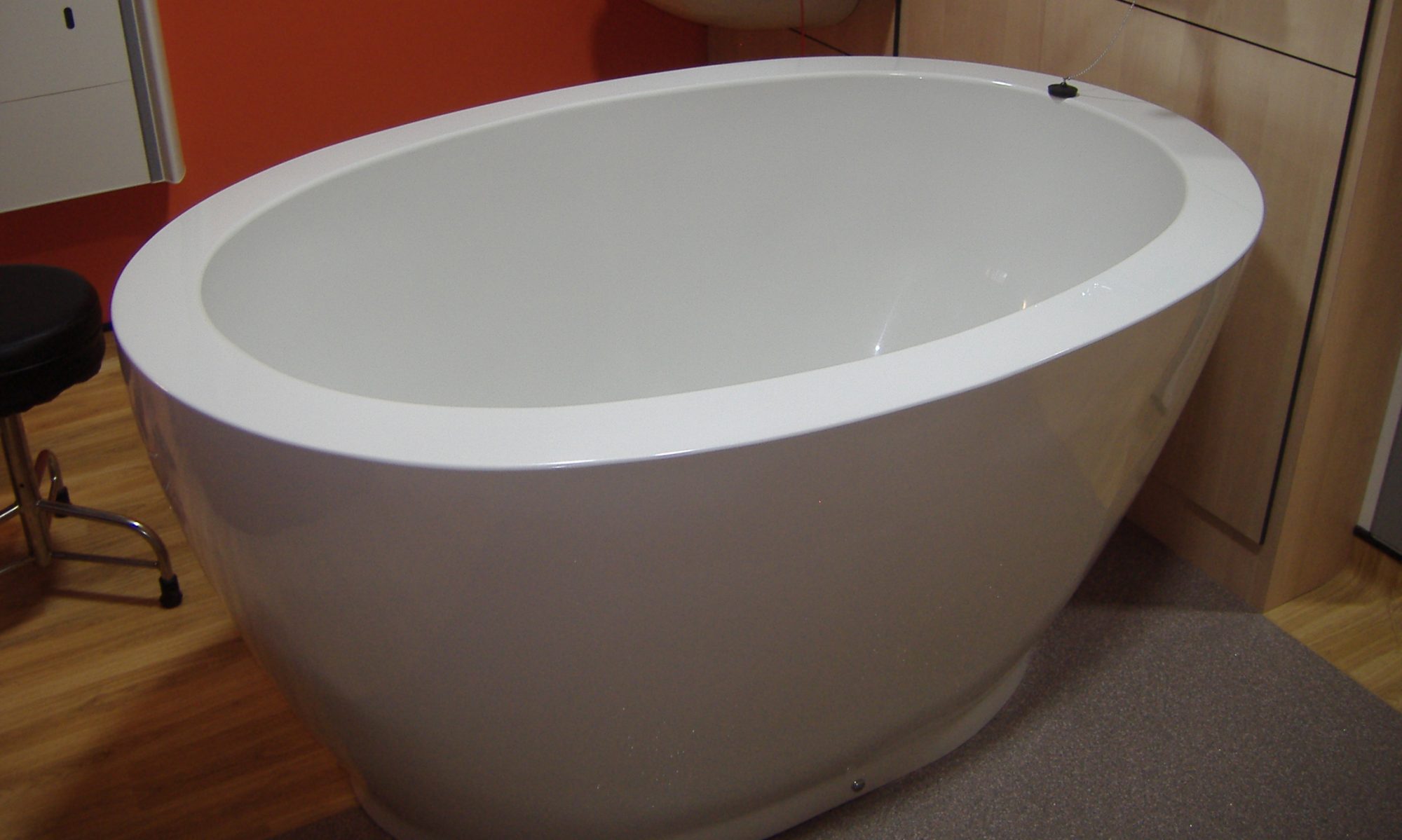| If you had three wishes, three things that you could wave your Christmas Wand at and make happen within the maternity services, what would they be?
This article by Katharine Handel for AIMS shared her top three wishes: Honesty, Respect and Dignity. It’s fascinating to think that these basic foundations of care are missing from so many people’s births. We also know that they are missing from the work lives of many midwives, midwives who go to work and are not treated with honesty, respect and dignity by some of their colleagues. How we work is often a habit, based on what we see and how people work around us. Sometimes, we may see ways of working that don’t feel right, or we may inadvertently work in ways that don’t match how we see ourselves. Some ways of working that might originally have been shocking can become normalised. Sometimes, it may not feel ok, but fighting it feels too hard, or too risky. There is support out there. Looking forward to a new year, maybe we can all think about three wishes that we would have for the maternity services, and then consider how we can find the support to be the change we want to see. Useful support networks: |
High BMI & Guidelines for Hospital Birth Pools
First posted 25TH AUGUST 2019
How can Trusts ensure that their guidelines for hospital birth pools support women with a high BMI?
The benefits of using a birth pool for labour and birth are well documented, and yet there is a group of women who are regularly denied the chance to use this powerful form of pain relief and comfort when giving birth to their babies: women with a high BMI.
The most common reason given by Trusts for the denial of access to a birth pool for women with a high BMI is that if she were to collapse, she’d be harder to get out of the pool. Another reason is that women of high BMI might be less flexible, and less able to step out of the pool themselves. A recent article by AIMS clearly debunks both of these considerations. (See here: https://www.aims.org.uk/journal/item/waterbirth-high-bmi)
But what if women with a high BMI collapse in the birth pool?
The term “BMI” does not mean “weight”. A short women who is overweight might weigh less than a tall, slim woman, and yet the short woman may be classed as “high BMI”, and the tall woman “normal BMI”. The heavier woman would be permitted access to the hospital birth pool, whereas the shorter, lighter woman might not. This is clearly illogical as the taller woman would be heavier, and harder to lift out of the pool, despite her lower BMI.
Any woman may need to be lifted out of the birth pool, irrespective of her weight or BMI, and so appropriate equipment and guidelines should be available at all times for every person using the pool. This should not need to be weight limited. For instance, slings which support people of all weights are commonly available through hospital suppliers.
Methods to help women out of the blow-up birth pools used at home which do NOT include slashing the pool are well known. Slashing the pool will flood the floor, and nearby electrical items, with water, and the women will “flow” out with the water in an uncontrolled way. Instead, supporting the woman to remain above the water (birth partners are always going to help with this!) while a managed removal happens is much safer. A fast deflation of the centre ring will lower the sides while containing the water and retaining the structure of the birth pool.
Women with a high BMI and mobility issues
Another reason commonly given to deny women with a high BMI access to a hospital birth pool is that these women may be less likely to be able to leave the pool without assistance. In other words, the assumption is made that larger women will have reduced mobility. Any woman may have mobility issues, so this should be a separate consideration, no matter her BMI. That said, women who may find moving on land harder, for any reason, may find that the supportive effect of water in a birth pool can help them to remain more mobile in labour, thus leading to a higher chance of a positive, straightforward birth. It therefore makes sense to do what we can to support women to access the water, even if they are limited in their ability to jump out of the pool themselves – and this has nothing to do with BMI.
There are many different considerations for Trusts when they are writing their guidelines for women who wish to labour and/or birth in water. Using BMI as a barrier to access, however, needs urgent reconsideration, in order to ensure that all women are given the opportunity to birth in the way that is right for them – and which has many benefits for the Trust as well, as a low-cost way to support normal birth and better birth outcomes.
For a full and detailed report on the issue of access to a birth pool and BMI, please read the AIMS Journal article here: https://www.aims.org.uk/journal/item/waterbirth-high-bmi

